In a statement to POLITICO, the EU’s Commissioner for Environment, Ocean and Fisheries, Virginijus Sinkevičius, confirmed the need to focus on supporting implementation and enforcement “without changing the directive”.The message from the Commission is clear: the WFD is an essential piece of EU environmental legislation and is here to stay in its current form.
The decision comes six months after the law was concluded to be “fit-for-purpose”, following a thorough two-year evaluation. Over the course of this process, more than 375,000 citizens demanded that the law be kept in its current form and better implemented by their governments.
The Commission’s decision is welcomed by WWF, EEB, the European Anglers Alliance, European Rivers Network and Wetlands International, who together form the Living Rivers Europe coalition and led the #ProtectWater campaign to safeguard the WFD.
The WFD is one of the EU’s most ambitious and holistic pieces of environmental legislation, setting the target of having 100% of the EU’s freshwater ecosystems in good health by 2027 at the very latest [1], up from just 40% currently [2]. The EU must meet this target in order to preserve its water resources and ensure Europe can adapt to climate change. But implementation from Member States has been weak and political will to make the law work in practice low. There has also been much pressure to weaken the legislation, including from industry lobby groups.
Ester Asin, Director of WWF’s European Policy Office, said:
“Good legislation is not something to be tampered with. The EU needs the Water Framework Directive to safeguard its water supply, halt and reverse biodiversity loss and tackle climate change. We congratulate the Commission for standing by the strong evidence, taking the views of EU citizens on board, and following up on the ambitions of the European Green Deal and EU Biodiversity Strategy. But with 2027 right around the corner, better implementation needs to start right now. We look forward to working with the Commission on ensuring the law works not just on paper but in practice to bring life back to our rivers at last.”
With this announcement, it is clear that there can be no further delays from Member States. The European Commission must now work with all relevant stakeholders to fast-track implementation and ensure that the WFD’s objectives are reached by 2027 at the very latest. Member States will need to pull out all the stops in the next cycle of River Basin Management Plans (RBMPs).
Since the launch of the fitness check, the WFD has received public support from hundreds of thousands of EU citizens and scientists. The critical role of the WFD in halting the decline in freshwater biodiversity was highlighted in a letter from close to 6,000 scientists, which was sent to the Commission at the end of last year. The WFD also has the public support of a group of businesses, who have urged the Commission and EU Member States to preserve this groundbreaking law in its current form.
Roberto Epple, President of ERN France, said :
“This is a great victory after two years of evaluation of the directive, a success of the #protectwater campaign led by the Living Rivers Europe coalition, of which ERN is a member, and supported by thousands of citizens and hundreds of NGOs. France made no mistake when it asked in March 2020 that the Directive should not be modified. Having taken this step, we must now focus on accelerating efforts to restore and protect our freshwater ecosystems. The current context, the covid19 crisis , repeated droughts, etc., but also the European green deal, the EU biodiversity strategy no longer leaves us with a choice, all the players, including industry, must respond now and be equal to the challenges to be met to make water protection a reality.”
Sergiy Moroz, Policy Manager for Water and Biodiversity at the EEB, said:
“The coronavirus crisis has highlighted the importance of healthy ecosystems as an insurance against pandemics, in addition to the countless other benefits that healthy, resilient water environments provide. By giving the EU’s groundbreaking water legislation the final sign-off, the European Commission and Member States can now get on with the job at hand: Bringing our rivers, lakes and groundwater aquifers to ecological health by 2027 at the latest. The gaps in the implementation of this law that the two-year evaluation highlighted will need to be addressed while putting in place the European Green Deal.”
Steven Weiss, Associate Professor at the Institute of Zoology, Karl-Franzens University of Graz and signatory of the letter from scientists, said
“As one of nearly 6,000 scientists who signed a letter of support to the Water Framework Directive, I am delighted to see that the European Commission has taken on board the views of the scientific community. Freshwater species are currently the most vulnerable in Europe. Full implementation of the Water Framework Directive is vital in reversing this trend, and in protecting the diversity of life and processes that freshwater ecosystems support.”
ENDS
Contact:
Sophie Bauer
Communications Officer (Freshwater)
WWF European Policy Office
sbauer@wwf.eu
+32 471 05 25 11
References:
[1] The original deadline for meeting this final objective was 2015, and was missed by a long shot. With 60% of EU waters still not healthy, the European Commission and Member States need to pull out all the stops to boost implementation and meet the final 2027 deadline.
[2] The latest data from the European Environment Agency shows that 60% of EU fresh waters are currently not healthy and fail to meet the WFD’s standards (EEA, European waters — Assessment of status and pressures 2018)
Notes to the editor:
European Commission stands strong in the face of pressure to weaken the EU’s water legislation:
- Since the launch of the European Commission’s evaluation, the Water Framework Directive has been under significant pressure from business lobby groups, who have been pushing for a weakening of the legislation. Many of these groups represent sectors which exert huge pressure on freshwater ecosystems, including the hydropower industry and industrial agriculture.
- In March this year, the lobby organisation BusinessEurope attempted to influence an exchange of views on the follow-up to the directive’s evaluation taking place at the Environment Council, calling for less stringent water protection requirements. A majority of Member States expressed their support for the fitness check conclusions on the Water Framework Directive ahead of/on the day of this meeting. Several – including France, Austria, Denmark and Greece – stated that the WFD needs to be maintained in its current form.
What we need now:
- The European Commission must now work with Member States and all relevant stakeholders to fast-track implementation and ensure that the WFD’s objectives are reached by 2027 at the very latest. Concretely, we will be looking out for the following implementation gaps to be tackled:
On dam removal:
- In the past, Member States’ River Basin Management Plans (RBMPs) have missed the opportunity to improve river health by tackling hydromorphological pressures (changes to the physical shape and/or flow of a water body), including through dam removal. Dam removal has large economic benefits, in terms of job creation, and is cost-efficient when compared to the costs of maintaining obsolete dams, and increases resilience to extreme weather events.
- Whilst the EU’s Biodiversity Strategy includes the concrete commitment to restore 25,000 km of free-flowing rivers (including through dam removal), it is neither clear from this nor from the Recovery Package how the Commission will financially support this target. Dedicated funding is needed to turn this commitment into a reality, and the Natural Capital and Circular Economy Initiative proposed under the Recovery Package could be an opportunity for this. Freeing up money for this initiative is a win-win, helping meet the Biodiversity Strategy’s targets and the objectives of the WFD.
On drought:
- Drought management strategies need to be developed as part of Member States’ River Basin Management Plans and as a preventative response to climate change, rather than solely as an emergency response when droughts have already hit. Water management is not an isolated issue and must be tackled holistically, as required under the WFD.
On financing:
- The European Commission’s WFD implementation report and fitness check conclusions highlighted lack of funding as a significant obstacle to the law’s implementation. If Member States were to fully implement cost recovery under the WFD, they would not be depriving themselves from a source of revenue. Moreover, they would ensure that the costs of implementing the measures were not solely borne by consumers, while at the same time incentivising good practices.
On hydropower:
- The pressure of hydropower dams on Europe’s rivers is immense, with more than 20,000 existing plants and more than 8,000 additional ones on the cards. With the costs of solar and wind plummeting, the EU must invest in these renewable options rather than giving the green light to more hydropower plants, and invest in the refurbishment of existing hydropower plants.
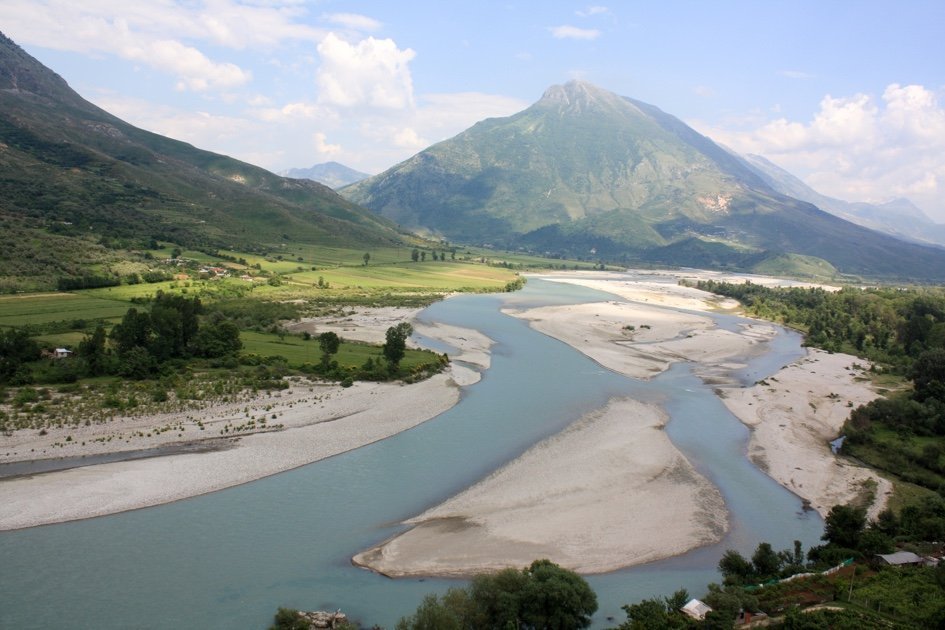
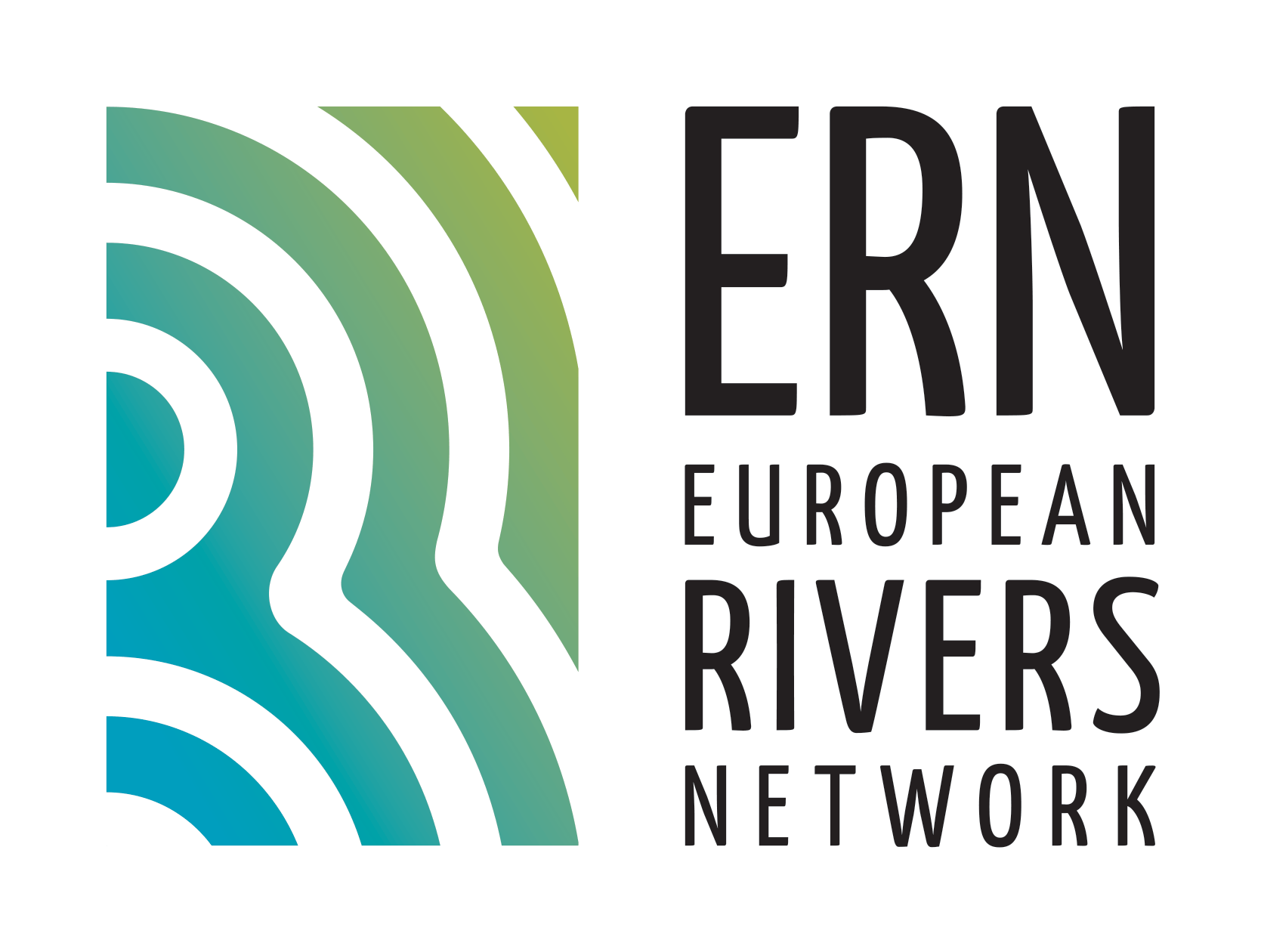

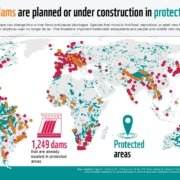


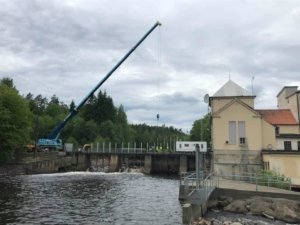 Hydropower dam: Marieberg , Sweden
Hydropower dam: Marieberg , Sweden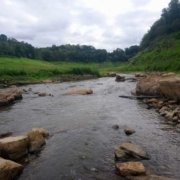
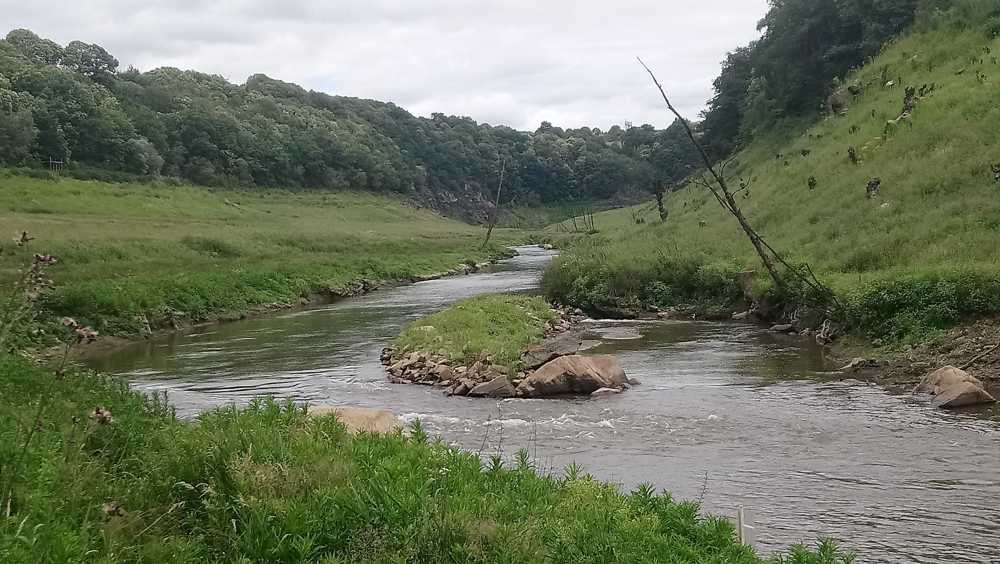

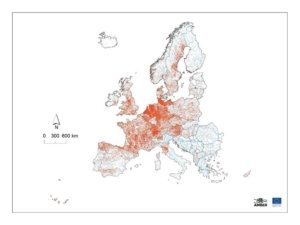
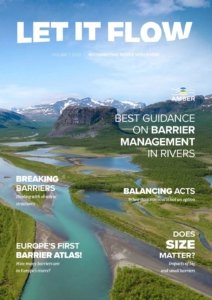
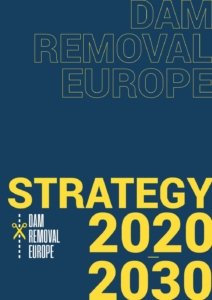
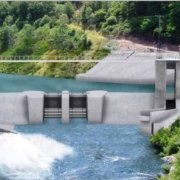
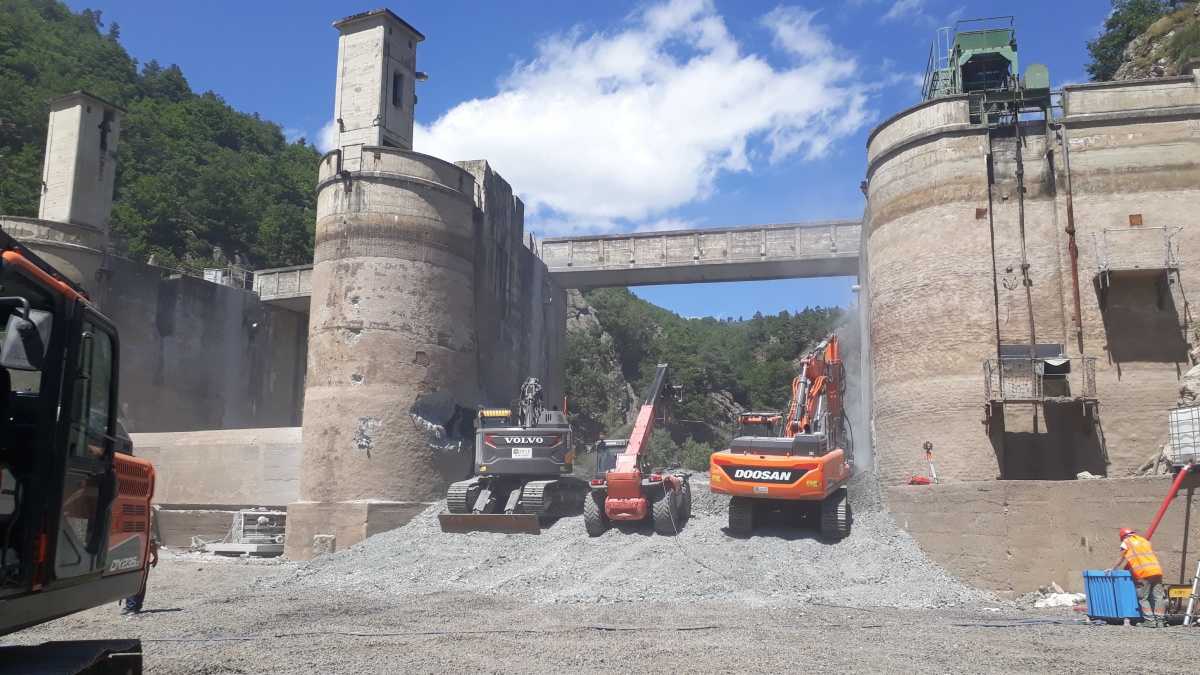
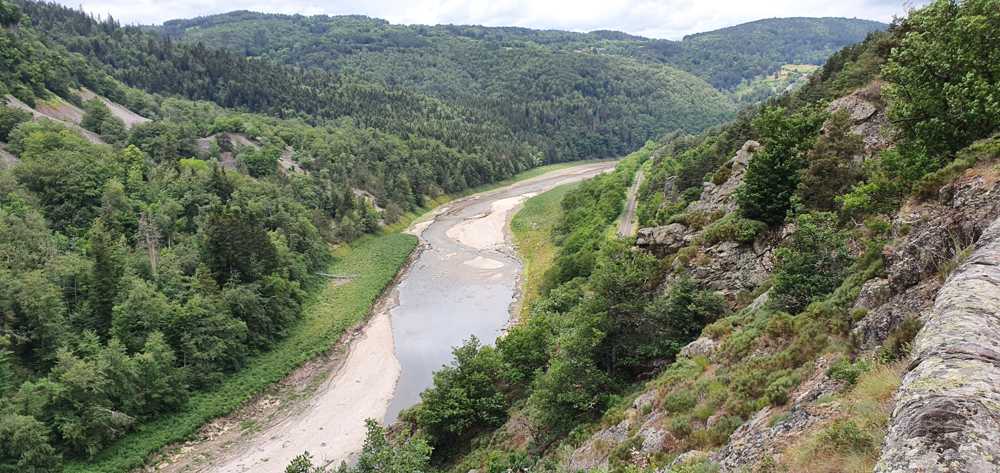
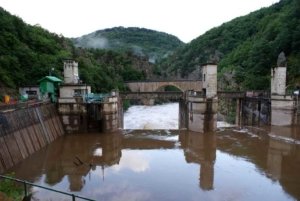

 ERN France
ERN France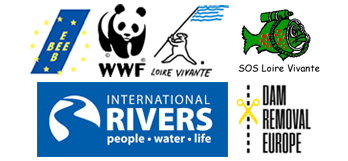 ERN is the official WWF Freshwater Partner in France and cooperates with WWF Switzerland, Austria, Netherlands and others
ERN is the official WWF Freshwater Partner in France and cooperates with WWF Switzerland, Austria, Netherlands and others